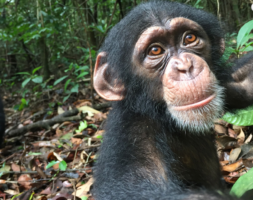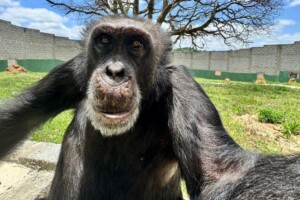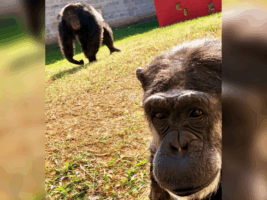The drama of the tigers in the wild
posted in
13
Aug
2009

NEAR TO EXTINCTION
There are less than 4 thousand tigers in the wild in the world, according to recent report by organization TRAFFIC. This is an evidence of treat to extinction and it is dramatic. At the same time, only in United States there are, according to the same report, 5 thousand tigers in captivity – and this is the number registered. As long as nine North-American states do not demand any official license for a person to have a tiger at home as a pet, this number can be higher.
Several animal protection organizations demand that North-America Government begin to monitor the population of tigers that live with private people and prohibit their reproduction, because in the end the new tigers are sacrificed so that their body parts are sold on market, especially in Asia.
Since 2000, Convention CITES (that protects endangered species of extinction) firmed a resolution that obliges the 174 countries that sign the convention to monitor each individual that lives in their territory. But United States, the country that has more tigers in captivity than the number of the animals in the wild in the world, do not sign CITES agreement.
Since 2000, Convention CITES (that protects endangered species of extinction) firmed a resolution that obliges the 174 countries that sign the convention to monitor each individual that lives in their territory. But United States, the country that has more tigers in captivity than the number of the animals in the wild in the world, do not sign CITES agreement.

 Español
Español
 Português
Português








